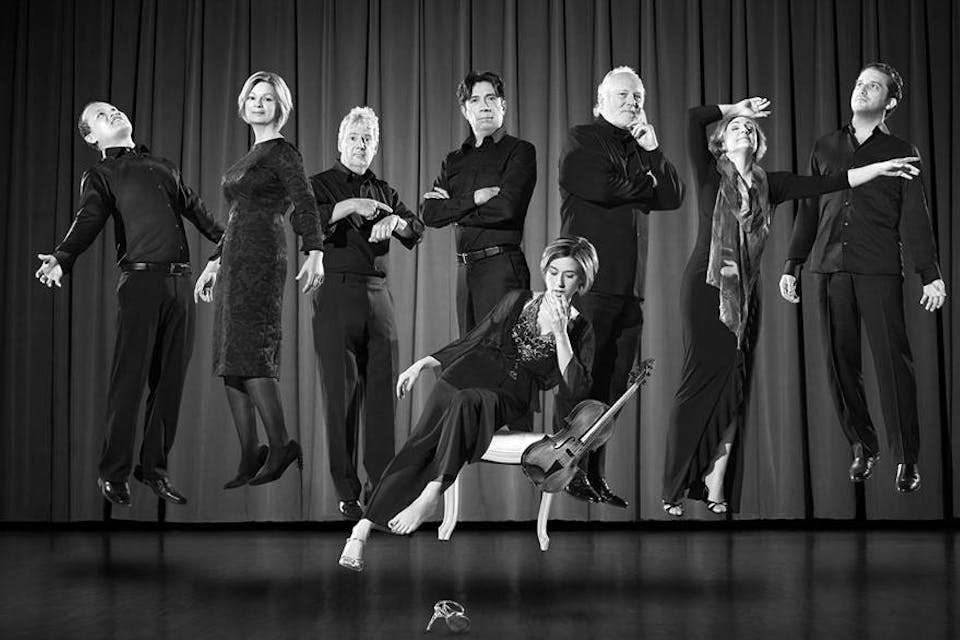
May 21, 2015
Unknown Musicians of a Wandering Race
A remarkable concert reintroduces three Jewish composers who fled fascist Europe to America, where two of them pioneered a new art form—the symphonic film score.
In his program notes to the Pro Musica Hebraica concert at the Kennedy Center in Washington earlier this month, the historian James Loeffler points out that in 1927—just before the period in which the music on the program was written—a Russian-born musician by the name of Gdal Saleski published a “classic, biographical lexicon” under the title Famous Musicians of a Wandering Race.
At the time, this well-worn description of the Jews as a “wandering race” could still be invoked with pride, or innocence. Not for long, however. Loeffler observes that the post-Holocaust edition of the book would refer instead to composers of “Jewish origin,” and by then the book was more of a memorial volume. Still, that earlier phrase remains strangely resonant, evoking bards doomed to migratory journeys, singing of epic pasts, embodying the age-old fate of the disenfranchised Wandering Jew of Western mythology. And there was a certain element of truth in all of that—as the evening’s program bore out.
The concert, titled “Before the Night: Jewish Classical Masterpieces of Pre-1933 Europe,” offered music written between 1928 and 1931 by three composers of the “wandering race”: Jerzy Fitelberg (1903-1951), Mario Castelnuovo-Tedesco (1895-1968), and Erich Wolfgang Korngold (1897-1957). But the pieces themselves, beautifully played by the Canadian-based ARC Ensemble, make no allusions to the Jewish origins of the composers; nor do they hint at how Saletski’s phrase fits these figures, all three of whom, in fleeing the Nazis, took a path that ultimately led from their respective nations of birth—Poland, Italy, and Austria—to the United States.